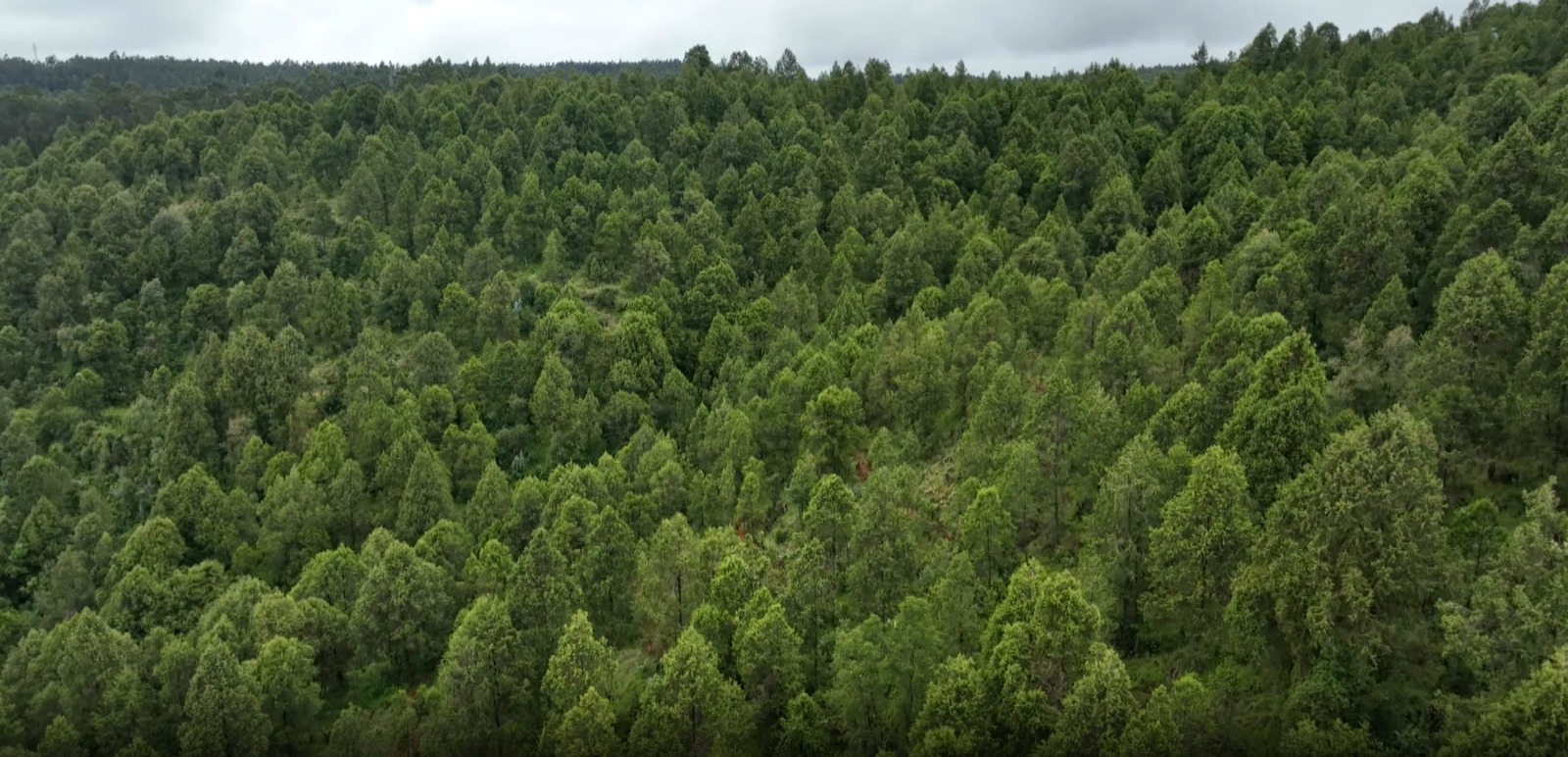Green Legacy Initiative Key to Boosting Ethiopia's Carbon Revenue, Experts Say - ENA English
Green Legacy Initiative Key to Boosting Ethiopia's Carbon Revenue, Experts Say

Addis Ababa, May 2, 2025 (ENA) -- Ethiopia’s Green Legacy Initiative is playing a pivotal role in bolstering environmental conservation efforts and increasing the country’s revenue from carbon sales, according to environmental experts.
As global efforts to combat climate change intensify, Ethiopia is emerging as a model for sustainable environmental practices through ambitious reforestation and conservation initiatives.
Although industrialized nations are the primary contributors to global greenhouse gas emissions, experts highlight that developing countries like Ethiopia bear the brunt of the impacts, including rising temperatures, prolonged droughts, frequent floods, and land degradation.
Environmental specialists underscore the Green Legacy Initiative’s importance in reversing deforestation, restoring ecosystems, and expanding the country's carbon stock, much of which is stored in forested areas.
Adefris Worku, National Coordinator of the Green Legacy Initiative, told ENA that the country’s forest cover, which had been in decline, is now showing signs of recovery.
“A study conducted last year found that forest cover has now exceeded 23 percent,” he said, noting the economic and environmental significance of this progress.
“Through the Green Legacy Initiative, Ethiopia is boosting its income from carbon trading by expanding forest coverage and increasing carbon sequestration capacity,” Adefris added.
He also emphasized that Ethiopia’s rich biodiversity and favorable ecosystem enhance its potential as a carbon sink, making it an attractive destination for climate finance investments.
Bikila Workneh, an ecosystem researcher and head of the Department of Natural Sciences at Addis Ababa University, echoed the program's significance.
He stressed the wide-ranging benefits of forest conservation, including climate mitigation, intergenerational equity, and financial returns through carbon trading.
“Ethiopia must enhance its climate diplomacy to ensure initiatives like the Green Legacy Initiative gain the global recognition they deserve,” Bikila said, urging better communication of the country’s environmental achievements on the world stage.
Highlighting recent milestones, Adefris cited a carbon finance transaction agreement designed to improve livelihoods for farmers and pastoralists, along with ongoing partnerships with the World Bank and the Norwegian government, reflecting Ethiopia’s growing engagement in international carbon markets.
He also pointed to continued financial support for sustainable land use and environmental programs spearheaded by the Ministry of Agriculture and other agencies.
Both experts agree that with sustained political and community commitment, Ethiopia’s Green Legacy Initiative can serve as a blueprint for climate resilience and sustainable development across Africa and beyond.